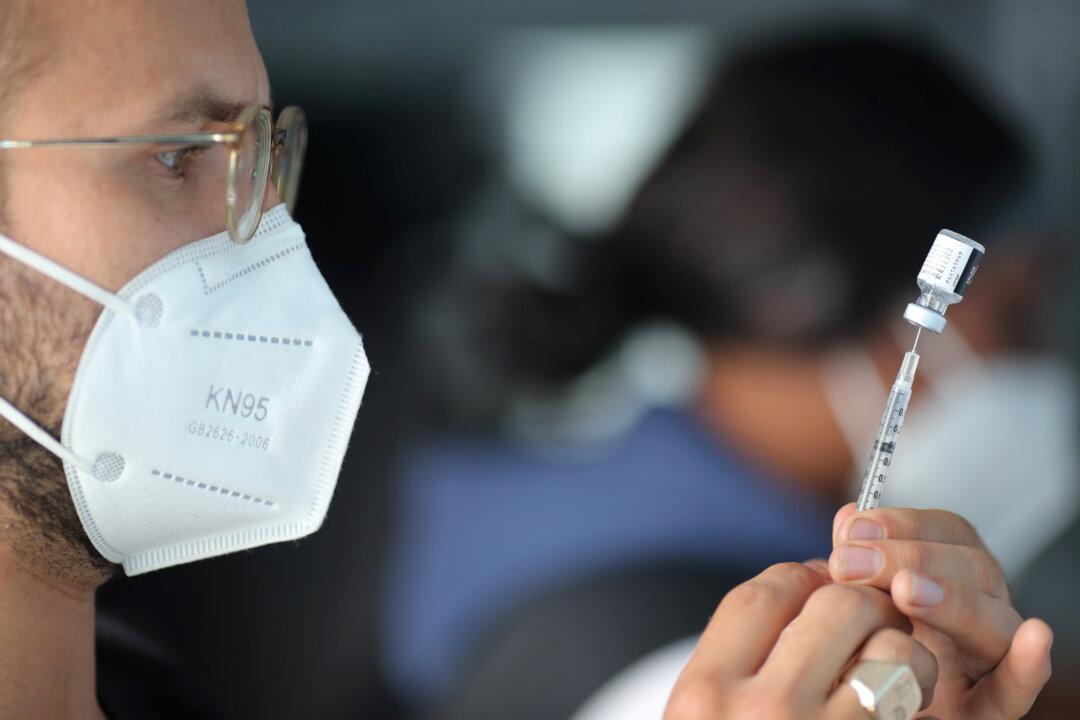The two COVID-19 vaccines built on the new messenger RNA technology are highly effective in preventing infections of the CCP virus, which causes COVID-19, according to a newly released real-world study.
Vaccines from Pfizer/BioNTech and Moderna reduced the risk of infection by 90 percent two or more weeks after the second vaccination, according to the study.





